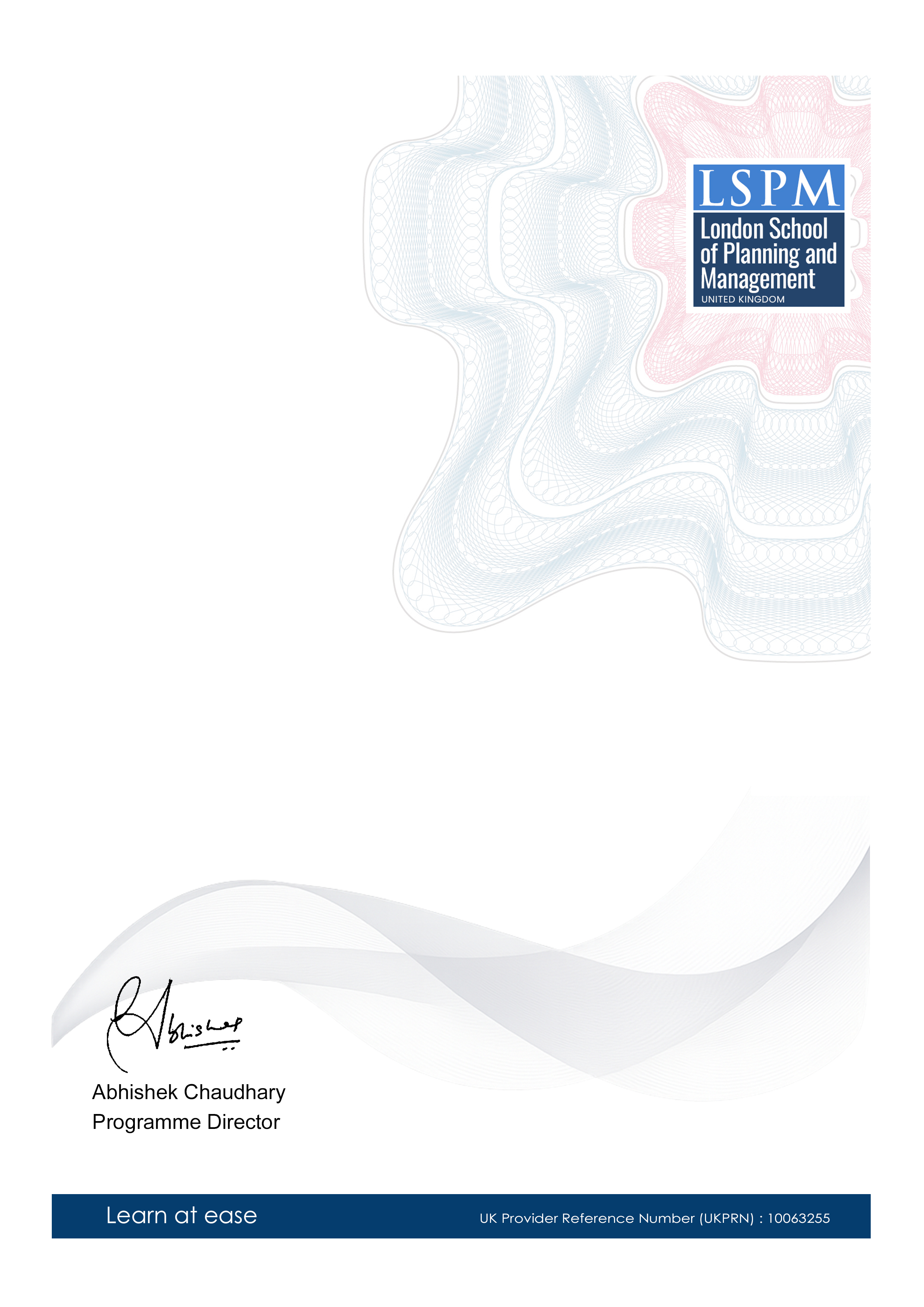Advanced Skill Certificate in Conflict Resolution for Broadcast Journalism
-- viewing nowConflict Resolution skills are vital for broadcast journalists. This Advanced Skill Certificate equips you with the tools to navigate ethically challenging situations.
5,063+
Students enrolled
GBP £ 149
GBP £ 215
Save 44% with our special offer
About this course
100% online
Learn from anywhere
Shareable certificate
Add to your LinkedIn profile
2 months to complete
at 2-3 hours a week
Start anytime
No waiting period
Course details
• Conflict Framing and Narrative Construction
• Ethical Considerations in Conflict Reporting
• Crisis Communication Strategies
• Interviewing Techniques for Sensitive Situations
• Fact-Checking and Verification in Contentious Reporting
• Legal and Regulatory Frameworks for Conflict Reporting
• Understanding Bias and its Impact on Conflict Coverage
Career path
| Career Role | Description |
|---|---|
| Broadcast Journalist (Conflict Resolution Specialist) | Reports on conflict zones, employing advanced conflict resolution skills to navigate sensitive situations and ensure ethical reporting. High demand for skilled negotiators and mediators in this field. |
| Media Peacebuilding Coordinator (Conflict Sensitive Reporting) | Works with media outlets to promote responsible conflict reporting, facilitating dialogue and training on conflict-sensitive journalism techniques. Crucial role in preventing media-fueled conflict escalation. |
| International Correspondent (Peace Journalism) | Covers international conflicts, emphasizing peace journalism principles and promoting understanding through balanced reporting. Requires strong intercultural communication & conflict resolution expertise. |
Entry requirements
- Basic understanding of the subject matter
- Proficiency in English language
- Computer and internet access
- Basic computer skills
- Dedication to complete the course
No prior formal qualifications required. Course designed for accessibility.
Course status
This course provides practical knowledge and skills for professional development. It is:
- Not accredited by a recognized body
- Not regulated by an authorized institution
- Complementary to formal qualifications
You'll receive a certificate of completion upon successfully finishing the course.
Why people choose us for their career
Loading reviews...
Frequently Asked Questions
Skills you'll gain
Course fee
- 3-4 hours per week
- Early certificate delivery
- Open enrollment - start anytime
- 2-3 hours per week
- Regular certificate delivery
- Open enrollment - start anytime
- Full course access
- Digital certificate
- Course materials
Get course information
Earn a career certificate

